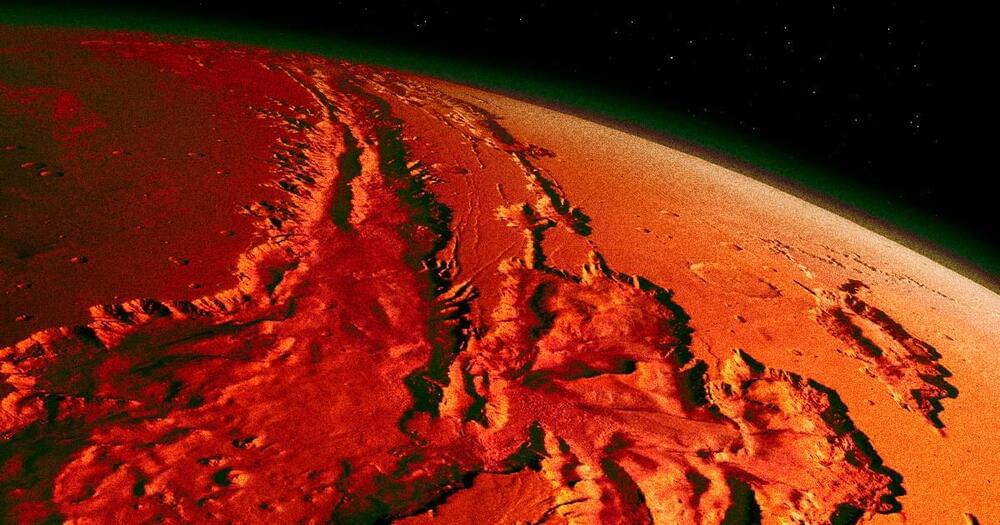China’s Mars rover has uncovered underground polygon structures buried beneath the Red Planet’s surface — and it looks like they’re related to Mars’ long-lost water, too.
In a new study published in the journal Nature Astronomy, a team of researchers from the Chinese Academy of Sciences (CAS) say that using data from the Zhurong rover’s ground-penetrating radar capabilities, they’ve found several mysterious subterranean polygons located some 35 feet below its surface that are likely formed by ice.
Using this high-tech radar, the rover combed Utopia Planitia, a large plain in the planet’s northern hemisphere where Zhurong’s inactive husk still rests, to see what was happening below. The CAS team found, per Zhurong’s readings, a total of 16 “polygonal wedges” in an area of about three-quarters of a square mile, “suggesting a wide distribution of such terrain under Utopia Plainitia,” the Nature Astronomy paper explains.









Comments are closed.